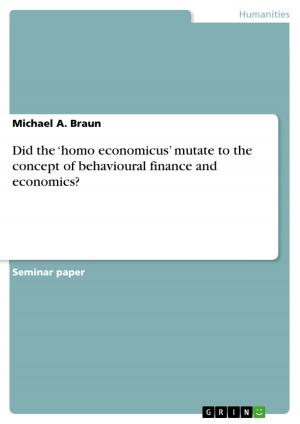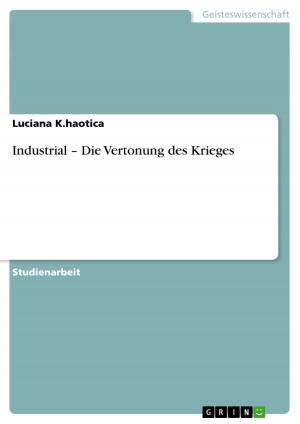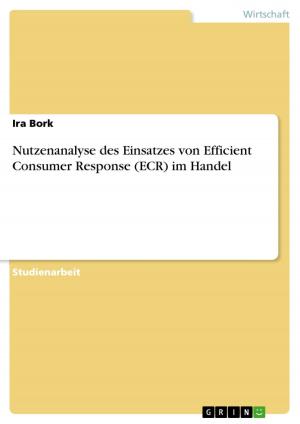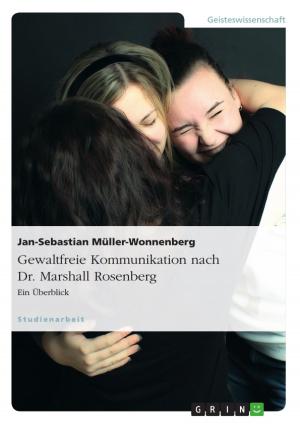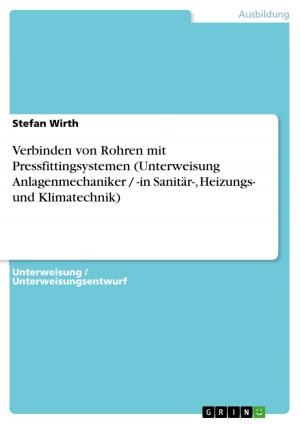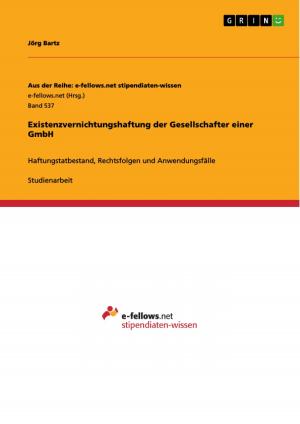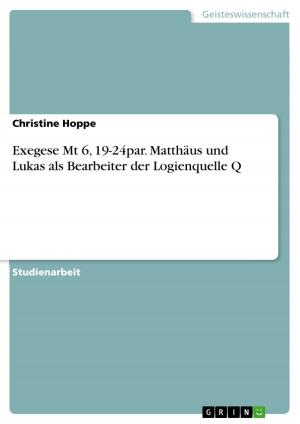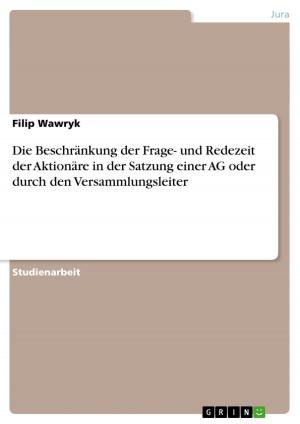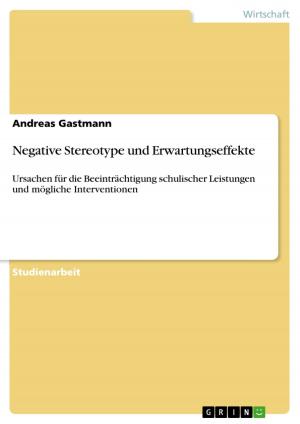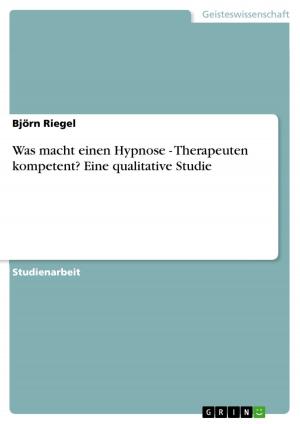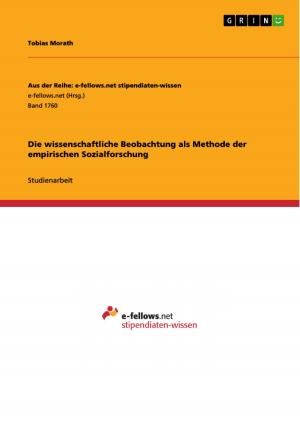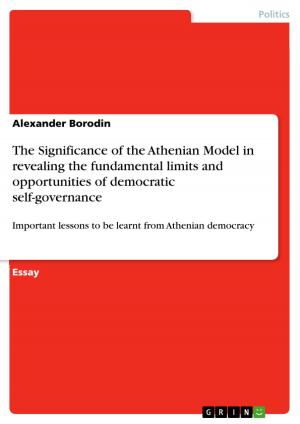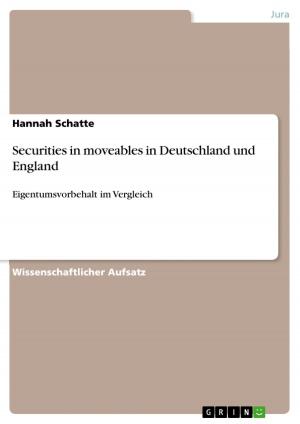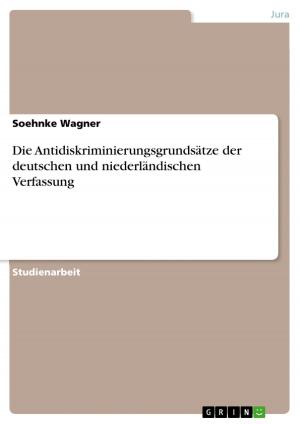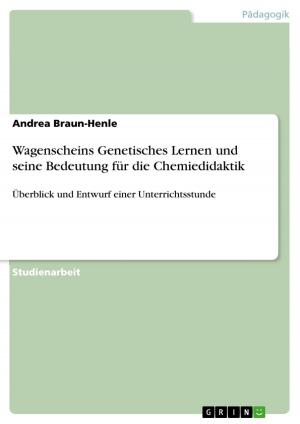Instruments of market intervention in the European agricultural market and their impacts on supply
Business & Finance, Management & Leadership, Production & Operations Management| Author: | Cornelia Andree | ISBN: | 9783656378037 |
| Publisher: | GRIN Verlag | Publication: | February 26, 2013 |
| Imprint: | GRIN Verlag | Language: | English |
| Author: | Cornelia Andree |
| ISBN: | 9783656378037 |
| Publisher: | GRIN Verlag |
| Publication: | February 26, 2013 |
| Imprint: | GRIN Verlag |
| Language: | English |
Seminar paper from the year 2012 in the subject Business economics - Supply, Production, Logistics, grade: 1,0, The University of Hong Kong, language: English, abstract: With the foundation of the European Economic Community in 1957, which later became the European Union (EU), all member states agreed on an integration of their individual market in a common market which guarantees the free movement of goods, capital, services, and people. Right at the beginning of this process called European Integration, a common agricultural policy which supports, regu-lates and protects the European agricultural market was introduced. The ancient reason for its establishment was the desolate food supply situation in Europe after the Second World War. As society and economy has been damaged by years of wars, the agriculture had been crippled and nearly all European states were dependant of food imports . In open competition, countrymen suffered huge changes in quantity and prices, which yield to an unsteady and under average in-come as well as an unsecure food supply for consumers . The agrarian market was supposed to failure without governmental intervention . In order to achieve a stable self-supply of affordable food and a better agricultural productivity , the European agriculture was taken out of the regulation system of a free market economy and the common agricultural policy (CAP) came into force 1962.
Seminar paper from the year 2012 in the subject Business economics - Supply, Production, Logistics, grade: 1,0, The University of Hong Kong, language: English, abstract: With the foundation of the European Economic Community in 1957, which later became the European Union (EU), all member states agreed on an integration of their individual market in a common market which guarantees the free movement of goods, capital, services, and people. Right at the beginning of this process called European Integration, a common agricultural policy which supports, regu-lates and protects the European agricultural market was introduced. The ancient reason for its establishment was the desolate food supply situation in Europe after the Second World War. As society and economy has been damaged by years of wars, the agriculture had been crippled and nearly all European states were dependant of food imports . In open competition, countrymen suffered huge changes in quantity and prices, which yield to an unsteady and under average in-come as well as an unsecure food supply for consumers . The agrarian market was supposed to failure without governmental intervention . In order to achieve a stable self-supply of affordable food and a better agricultural productivity , the European agriculture was taken out of the regulation system of a free market economy and the common agricultural policy (CAP) came into force 1962.

